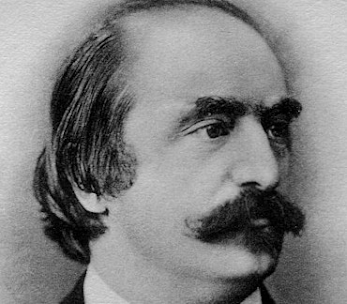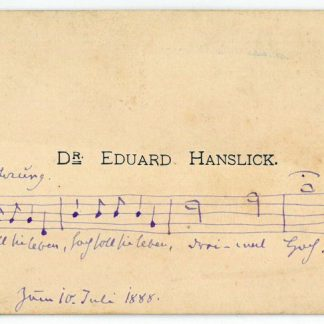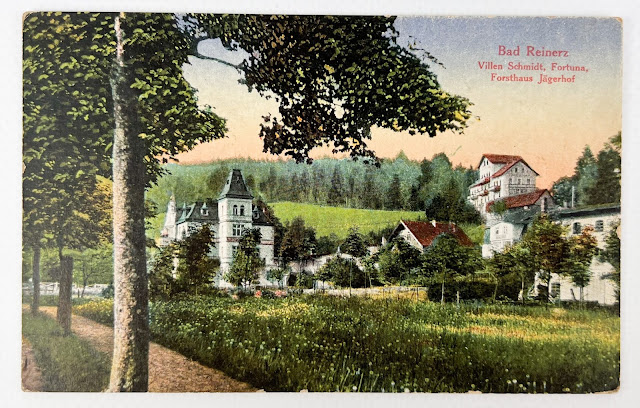The Emotional, Aesthetic and Academic Dilemma of the Music Critic
Some of you who possibly read what I write, may wonder why my music criticism has not covered the remarkable Warsaw Easter Beethoven Festival and other recent notable concerts in Poland and elsewhere.
I am not a Professor of Music at an eminent international institution or a graduate musicologist but am an author and college lecturer in cultural education who seriously studied music, the piano and harpsichord in London for many years.
However, I must admit to having almost completely lost confidence in the usefulness of my perhaps all too personal assessment of music recitals and concerts. Many concerts, competitions and recitals can be watched online today and listeners can come to their own conclusions concerning interpretation and performance. After all it is the composer, the composition and its historical and cultural context that should predominate in one's considerations and conclusions. In the modern world, beset as it presently is with the horrors of survival on every front, music reviewing is scarcely an intellectual activity of major importance.
I try to offer constructive criticism in the kindest and most compassionate way possible. After all I feel such writing is an important historical record of an ephemeral art. Having seriously studied the piano and harpsichord, I know all too well how fiendishly difficult to master are these instruments and the music written for them. However, reviewing does seem rather a pointless and time consuming, even possibly rather a vain activity.
Of course a great musician and interpreter can 'open the doors of perception' for us more limited beings but .... surely the music itself is the height one should aspire to illuminate in any critical assessment. The filters of experience make this rather challenging for the creation of a so-called 'objective' judgements by both listener and performer.
We all have our own Chopin which would defend to the death ....
 |
| Image of the old Vienna university building, at which Hanslick gave his first lectures in musical history and aesthetics, c. 1850. © ÖNB Wien |
If you have time, I suggest you read the perceptive article below by Dr. Alan Walker, Emeritus Professor of Music, McMaster University, Hamilton, Ontario. He is the author of An Anatomy of Musical Criticism, also a remarkable four volume book on Franz Liszt and a recent outstanding book concerning the life and work of Fryderyk Chopin. I respect his opinions a great deal.
The article was published in the Encyclopedia Britannica in 1998. It goes a long and thought-provoking way to furthering the debate on the fraught subject of music criticism.
https://www.britannica.com/topic/musical-criticism
I suggest you choose 'Print' for this text and tick all boxes as it will enable proper reading and dispose of all the frightful advertisements that presently besiege the text. There is no need to actually print the text, just read it without the annoying commercial distractions
For many of the above reasons I may limit reviewing music in such detail for the present





Comments
Post a Comment